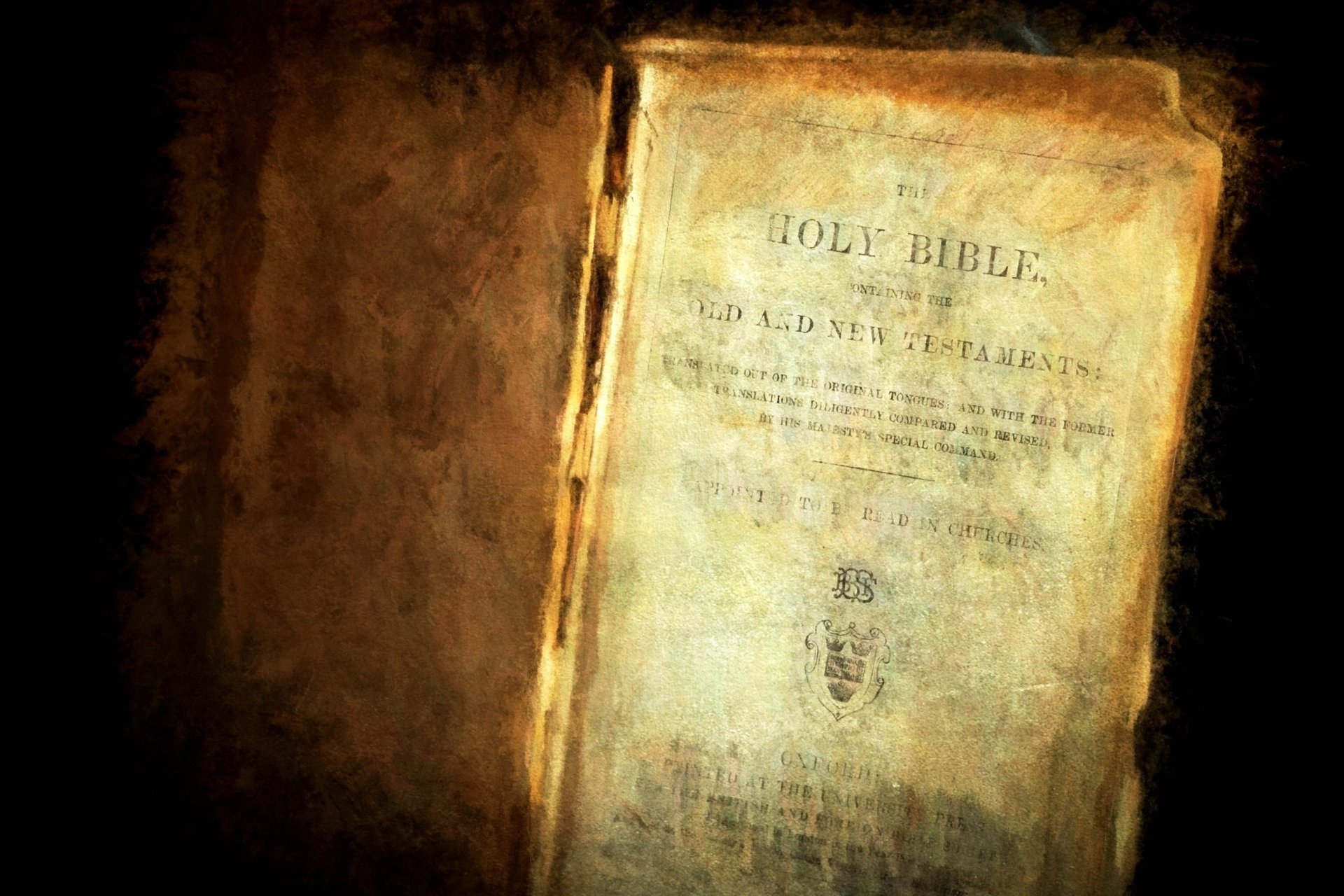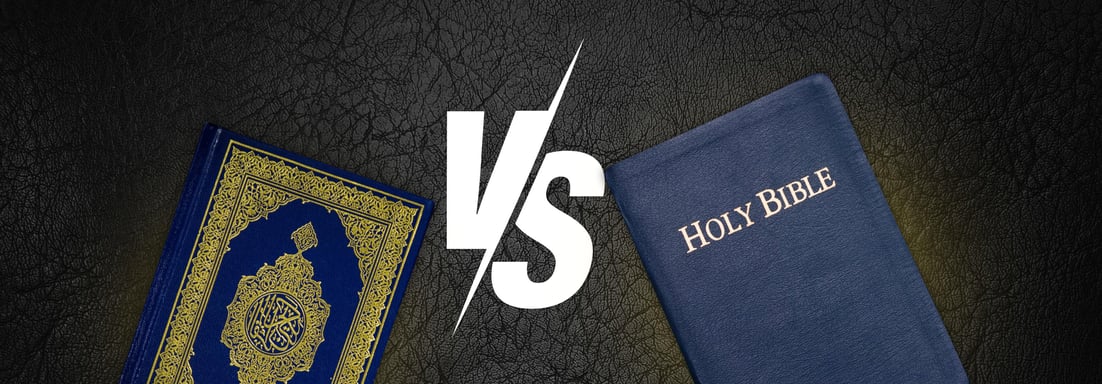

Is the Bible insulting the prophets?
It’s not uncommon to encounter questions regarding the portrayal of prophets in the Bible. One such question often raised by Muslims revolves around how some prophets are depicted as having committed sins. This leads to confusion and sometimes concern, as the Islamic tradition teaches that prophets are protected by God from sinning.


Is the Bible Insulting the Prophets?
A common concern raised by some is that the Bible appears to portray certain prophets in a negative light. For example, the stories of Lot, Aaron, Noah, and David are often cited. Let’s examine these stories briefly:
Lot: It is claimed that Lot's daughters got him drunk and committed incest with him. While this event is recorded in the Bible, it does not imply approval of the act. The Bible often reports events as they happened, without necessarily endorsing them.
Aaron: Some point out that Aaron made a golden calf for the people to worship while Moses was away, which is considered idolatry. However, the Bible shows that Aaron’s actions were wrong, and he repented afterward.
Noah: The Bible mentions that Noah became drunk after the flood. However, it does not suggest that he was habitually drunk or that this behavior was condoned.
David: Contrary to some claims, the Bible does not label David as a "bastard." The Bible does record that David sinned, particularly in the case of Bathsheba, but it also shows his deep repentance and God's forgiveness.
Understanding Prophets in the Bible
A key difference between Islamic and Christian perspectives is the belief in the sinlessness of prophets. In Islam, prophets are believed to be protected from sin (ma'soom). Think of this: how can you tell someone not to do something if you do it yourself? However, the Bible presents its prophets as human beings who, while chosen by God, were still capable of sin.
Can Sinful Prophets Still Guide?
Some may ask, how can someone who has sinned effectively guide others? The Bible’s response to this is twofold:
1. Repentance and Integrity: The Bible emphasizes that prophets, like all people, are fallible. What matters is their response to sin whether they repent and turn back to God. A prophet who acknowledges their sin, repents, and seeks to live rightly can still be a credible and effective guide.
2. The Message vs. the Messenger: The authority of a prophet’s message comes from God, not from their personal perfection. Even if a prophet has sinned, the truth they preach remains valid. This concept is somewhat parallel to how, in Islam.
Let's try to understand why Christians do not see this as a problem. Muhammad told his followers to not have more than four wives. Muhammad had at least 11 wives and left 9 wives when he died. Obviously, his followers are still expected to accept and obey his command of having only four wives. Is that not possible? Obviously you will say that this is no problem. Then, why it is impossible that prophets who have sinned can tell the people what the true command from God is? They can admit that they were wrong and have done wrong at times. But what hinders them to preach what is true? They cannot preach against something and at the same time do it and pretend it is no big deal, that is hypocrisy and destroys your credibility. But when they repent and condemn what they have done wrong, then we see no problem that they can still preach what is right and be taken serious. we find people attractive who can own up to their sin and admit it and then change their lives and struggle not to do it again. So that our mind does not subtract from their message. Instead it shows their integrity and it gives us hope that when God could use those fallible people, then he can use us too and our lives can be pleasing to God even though we might have sinned but we have repented of our sin. We are very much comforted by the fact that the prophets in the Bible are humans very much like us. Because then there is hope for me as well.
The Honesty of the Bible
One reason Christians trust the Bible is its honesty. The Bible doesn’t hide the flaws and sins of its heroes. Instead, it shows God’s grace at work even through imperfect people. This transparency allows believers to see themselves in the stories of these prophets and find hope that God can work through them as well.
While the Islamic perspective differs, it is important to understand each religion within its own context. The Bible’s portrayal of prophets is not meant to insult them but to present a realistic and honest view of human nature and God’s redeeming grace.
Contact Us
If you have a question about the Bible, the Christian faith or want to know more about our ministry feel free to email it to me.


